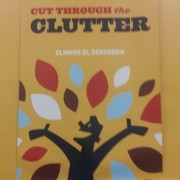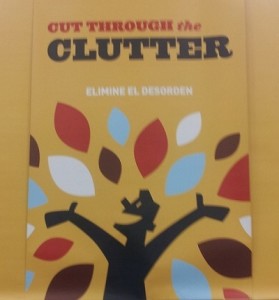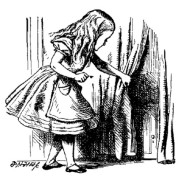The Future of STUFFology 101
In the book Chrysalis, coach and author, Ann Vanino writes about cocooning. The caterpillar knows nothing of what the future holds and yet, prepares a cocoon for a metamorphosis into a beautiful creature that takes flight.
Fifty Years of Clutter Awareness
For over fifty years, since I was a pre-teen, I have been aware of clutter due to my parents’ penchant for saying “yes” to anything that was free and then not being able to let go. Forty-five years later, after my mother died and my father was diagnosed with Alzheimer’s, I cleared their home. We’ve all read the stories of apartment-sized dumpsters of possessions being discarded. That was my experience. Forty years after those childhood experiences, and in my fifties, I realized I had a talent for helping others release their own life cocoons created by physical, mental, and temporal clutter.
Eric Riddle joined me, and together we have written articles about decluttering and a book, STUFFology 101: Get Your Mind Out of the Clutter. We advocate the process of S.T.U.F.F.—that is, Start. Trust. Understand. Focus. Finish.
Success Requires Commitment
The truth is, many of us need stronger faith and commitment to the task we set our minds to. Consider all the New Year’s resolutions that are broken long before the change of seasons.
To be able to stand back and truly marvel at one’s success is often the result of dedicated and focused effort. Like the caterpillar, our unyielding effort magnifies into an unexpected magical creation.
Larger Impact for Limited Time
We need to have a larger impact if we want to ensure our limited time is well-invested.
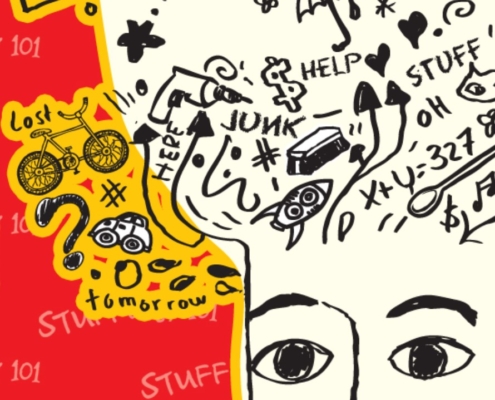 Late last year, I posted, We NEED Your HELP – Please Read and Comment. Surprisingly, we did not receive a single comment or email answering the questions I posed in the article. We did receive one heartfelt and thought-provoking email, which still warms my heart.
Late last year, I posted, We NEED Your HELP – Please Read and Comment. Surprisingly, we did not receive a single comment or email answering the questions I posed in the article. We did receive one heartfelt and thought-provoking email, which still warms my heart.
While the clutter world is filled with extremes—Marie Kondo’s anthropomorphic approach of imbuing life-energy to possessions before letting go of those that don’t spark joy to the tough love and therapeutic approach with extreme hoarders—STUFFology 101 continues to urge clutter bugs to define an area of clutter and to take the S.T.U.F.F. steps in letting go.
Time passes more quickly, the older I grow. How I invest my time is more important, because it is time I can never get back. The same is true for you.
I know what it means to live without a lot of STUFF. I feel lighter after working through an area of accumulated clutter. I feel JOY after gifting someone with something I no longer need. I find pleasure knowing I have no desire to accumulate possessions.
Do I share these experiences in weekly articles on STUFFology101.com? Bi-weekly articles? Monthly articles? Do I work on another book? Do I totally reconfigure the website? These are some of the questions I will begin asking as I take time to enter a STUFFology cocoon.
In the interim, look for a major announcement Eric will be sharing this month.

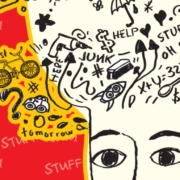
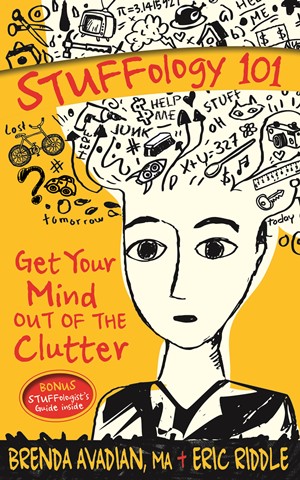 We thought our investment of time would ripple beyond our immediate circle. We wanted our message to gain traction and reach people beyond our first and second connections. We hoped our words would help more people clear physical, mental, temporal… clutter from their lives.
We thought our investment of time would ripple beyond our immediate circle. We wanted our message to gain traction and reach people beyond our first and second connections. We hoped our words would help more people clear physical, mental, temporal… clutter from their lives.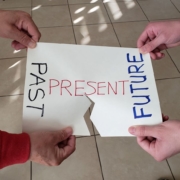
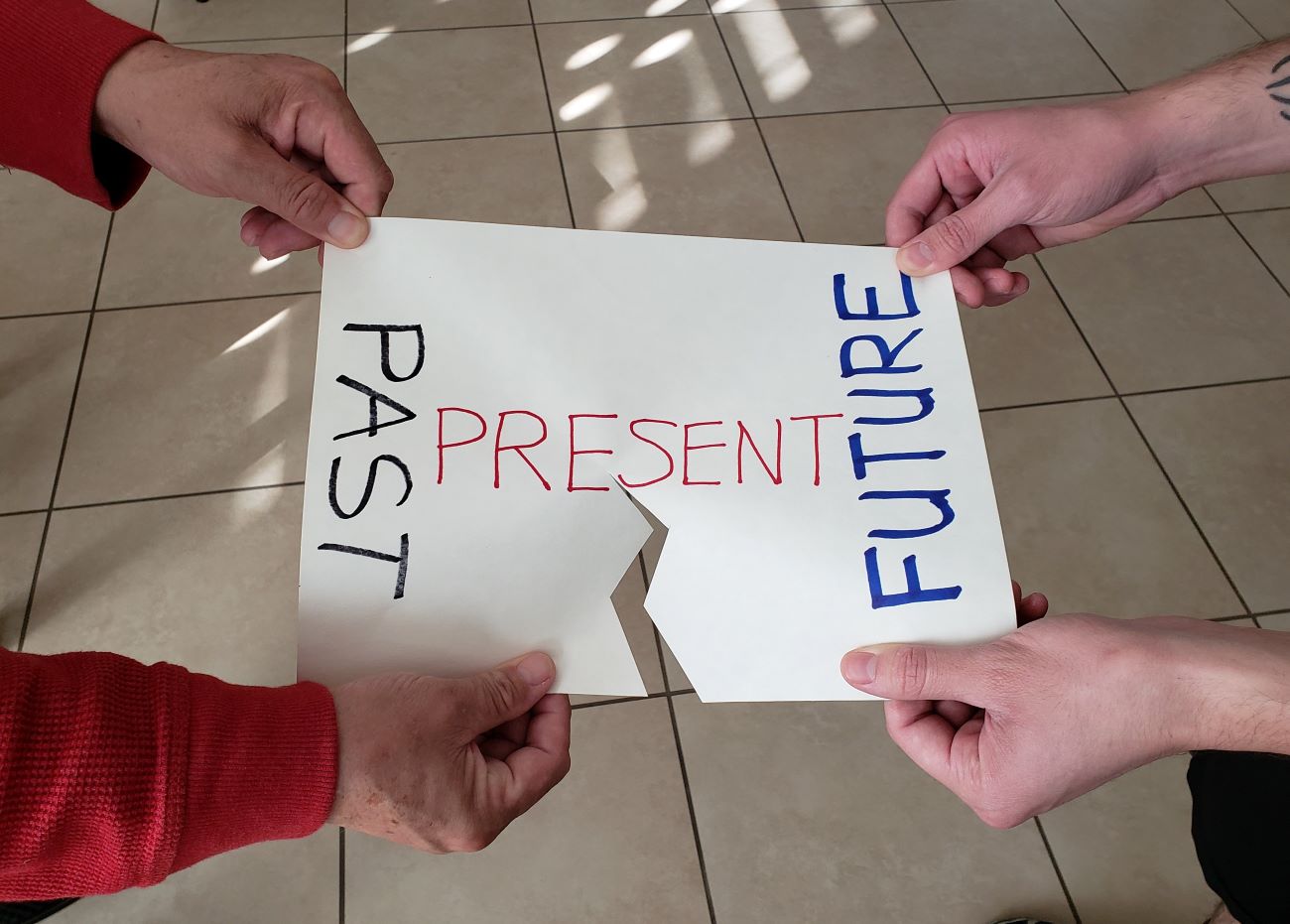
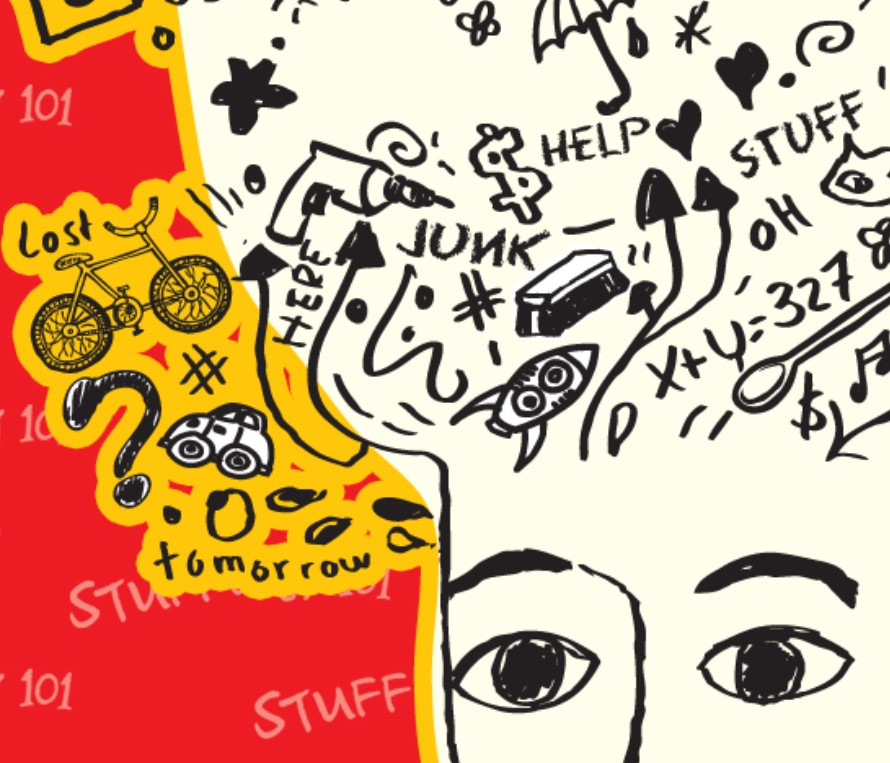


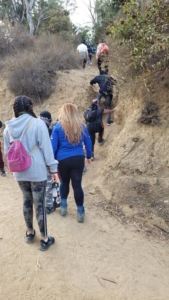
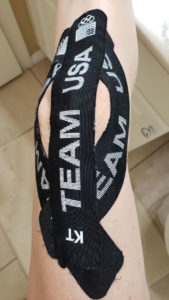

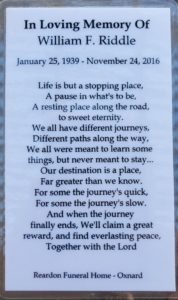
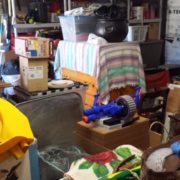
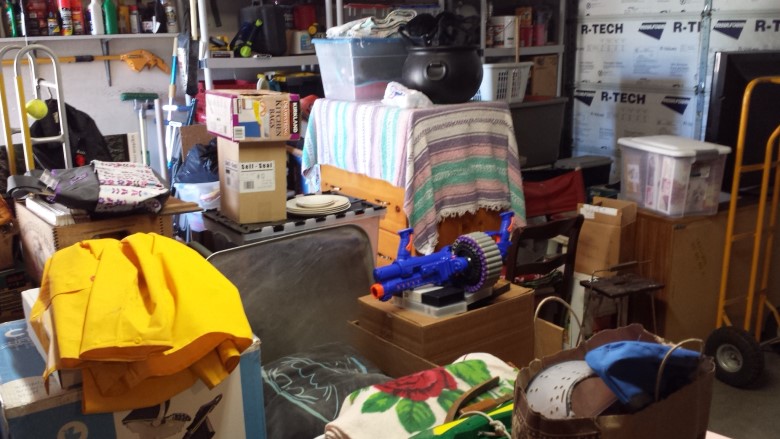
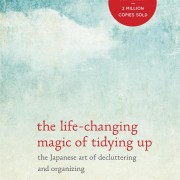
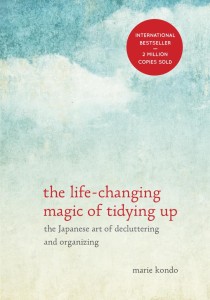 Marie Kondo’s The Life-Changing Magic of Tidying Up takes a Samurai’s approach to ridding ourselves of physical clutter.
Marie Kondo’s The Life-Changing Magic of Tidying Up takes a Samurai’s approach to ridding ourselves of physical clutter.